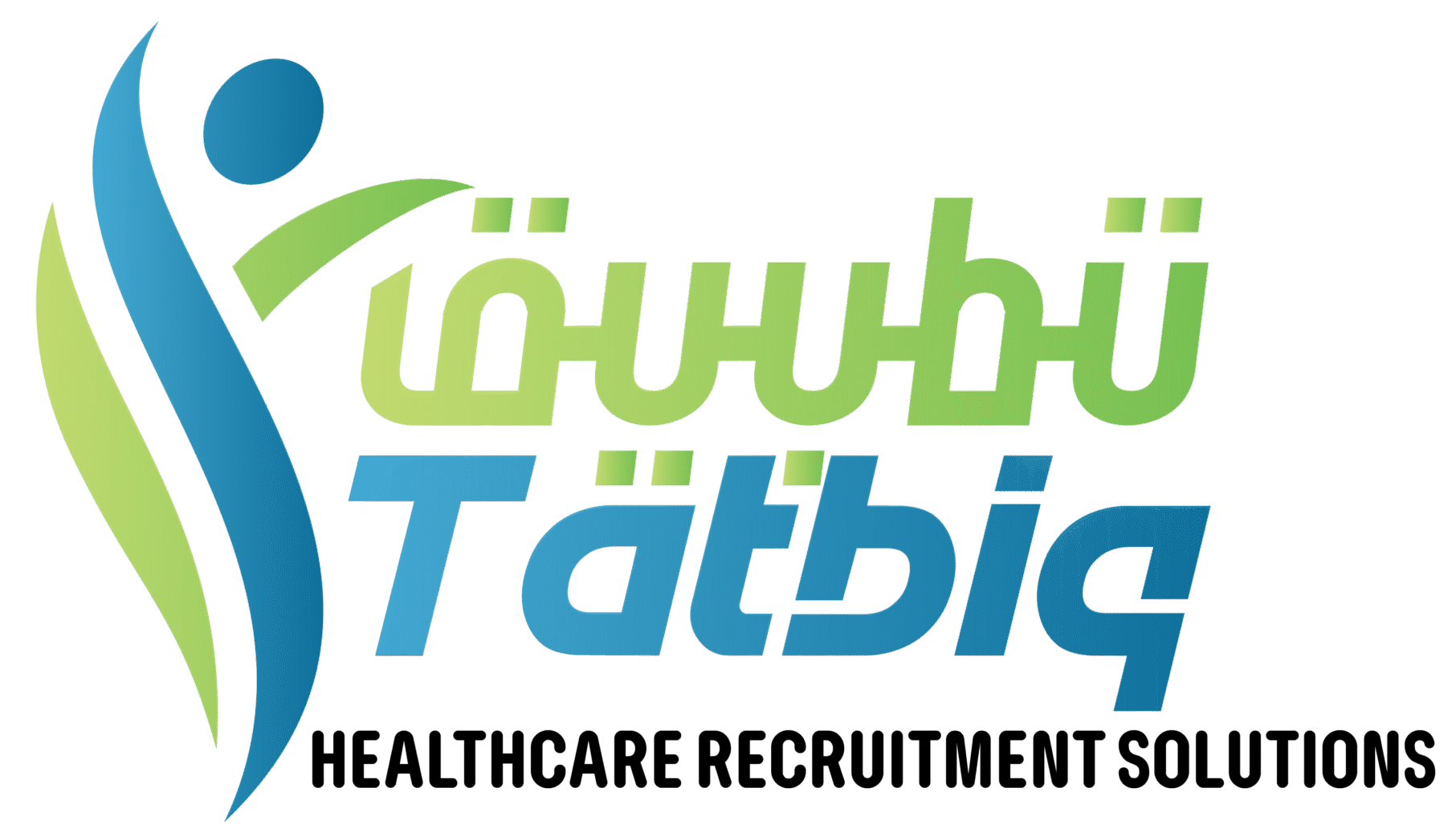
In today’s ever-evolving healthcare landscape, the demand for qualified, compassionate, and dedicated nurses across UAE clinics is rapidly growing. Tatbiq Healthcare stands at the forefront of this transformation, connecting skilled healthcare professionals with leading hospitals, clinics, and healthcare centers across the Emirates. This comprehensive guide explores how hiring nurses for UAE clinics is shaping the nation’s medical sector, why demand is surging, and how Tatbiq Healthcare ensures seamless recruitment solutions for both employers and job seekers.
Why the UAE Needs More Skilled Nurses

The UAE’s healthcare industry has been expanding faster than ever. With its growing population, advanced medical infrastructure, and global medical tourism reputation, the country requires highly qualified nursing staff to deliver world-class care.
Key Reasons for Increased Nursing Demand:
- Rapid hospital expansions in Dubai, Abu Dhabi, and Sharjah
- Private clinics offering specialized care services
- Government initiatives to enhance local healthcare standards
- Increasing focus on preventive medicine and patient safety
As healthcare facilities continue to rise, nursing jobs in UAE clinics have become more diverse and rewarding, covering multiple specialties from general ward care to ICU, pediatrics, and surgical assistance.
Tatbiq Healthcare – Your Partner in Hospital Nurse Hiring UAE
At Tatbiq Healthcare, our mission is to simplify the recruitment process by connecting UAE clinics with highly skilled nursing professionals from around the globe. Our expert recruitment team works closely with hospitals and medical institutions to identify staffing needs, verify credentials, and ensure compliance with local licensing regulations.
Our Hiring Process Includes:
- Screening and verification of nursing qualifications
- Coordination of DHA, MOH, and DOH licensing requirements
- Assistance with relocation and onboarding
- Continuous professional development support
Whether you are a hospital administrator or a nurse seeking new opportunities, Tatbiq Healthcare ensures every placement contributes to quality patient care.
International Nurse Recruitment UAE – Expanding Global Opportunities
The UAE attracts healthcare professionals from Asia, Europe, and beyond. International nurse recruitment in the UAE has opened doors for thousands of nurses seeking better pay, professional growth, and a multicultural work environment. Tatbiq Healthcare assists international candidates with all necessary documentation and ensures they adapt smoothly to UAE’s healthcare standards.
Benefits for International Nurses:
- Competitive tax-free salary packages
- Free accommodation or housing allowance
- Comprehensive medical insurance
- Continuous learning and career advancement
- Exposure to cutting-edge healthcare technologies
Our strong partnerships with major hospitals make Tatbiq Healthcare a trusted name for global nurse placements.
Private Clinic Nurse Hiring in Dubai
Dubai is a hub for specialized private clinics offering everything from cosmetic procedures to advanced diagnostics. Private clinic nurse hiring in Dubai focuses on finding professionals who can manage patient care in high-demand, fast-paced environments.
Roles Commonly Hired:
- Outpatient nurses
- Dermatology and aesthetic care nurses
- Dental and surgical assistants
- Emergency response nurses
- Pediatric and maternity nurses
With Tatbiq Healthcare, clinics gain access to pre-screened and experienced candidates ready to deliver top-tier patient care from day one.
Staff Nurse Jobs Abu Dhabi – Building a Healthier Future
Abu Dhabi’s medical network continues to expand with government-backed initiatives like SEHA and private sector investments. Staff nurse jobs in Abu Dhabi provide a stable, progressive career path for nurses who wish to contribute to this growth.
Advantages of Nursing in Abu Dhabi:
- Modern hospital infrastructure
- Family-friendly work policies
- Job stability and high retention rates
- Multicultural teams and training programs
Tatbiq Healthcare helps candidates find the best roles that align with their experience and personal career goals.
What Makes Tatbiq Healthcare Different?
In a competitive healthcare market, Tatbiq Healthcare stands out for its personalized, ethical, and transparent recruitment practices. Our focus is not only to fill positions but also to foster lasting relationships between medical professionals and healthcare institutions.
Key Strengths:
- 100% compliance with UAE medical licensing regulations
- Deep understanding of healthcare workforce needs
- Global network of qualified candidates
- Timely recruitment and onboarding support
- Continuous guidance for career progression
We don’t just recruit — we build healthcare success stories.
Specialized Recruitment Divisions
Tatbiq Healthcare provides recruitment services across multiple medical disciplines. From nursing and allied health professionals to specialized technicians, we serve hospitals, clinics, and medical centers of every scale.
Divisions Include:
- General nursing and critical care
- Operating theatre and surgical support
- Pediatrics and neonatal care
- Elderly and home care nursing
- Laboratory and diagnostic professionals
Our team ensures every candidate matches the specific requirements of the healthcare facility.
The Role of Technology in Modern Nurse Recruitment
Digital transformation has reshaped the hiring landscape. Tatbiq Healthcare leverages advanced recruitment software, online screening tools, and AI-driven assessment platforms to ensure that every applicant is evaluated efficiently.
Our Digital Advantages:
- Streamlined application tracking
- Fast candidate matching algorithms
- Secure digital document verification
- Virtual interview platforms
Technology helps us maintain speed, transparency, and accuracy — qualities that modern healthcare demands.
Empowering Nurses for a Rewarding Career
We believe that healthcare excellence begins with empowered professionals. That’s why Tatbiq Healthcare focuses not only on recruitment but also on career guidance, training programs, and emotional well-being support.
Our Support Initiatives:
- Continuous skill development workshops
- Orientation for cultural adaptation
- Mental health and stress management sessions
- Leadership training for senior nurses
Our candidates experience growth both personally and professionally.
How to Apply for Nursing Jobs in UAE Clinics
Applying through Tatbiq Healthcare is quick, simple, and transparent. Nurses can submit their resumes through our online platform, after which our recruiters match their profiles to available openings.
Application Steps:
- Submit updated resume and credentials
- Complete skill and language assessment
- Attend initial screening interview
- Receive job offer and visa guidance
- Relocate and begin your new role in UAE clinics
Tatbiq Healthcare ensures every step is smooth and stress-free.
Commitment to Healthcare Excellence
Our ultimate goal is to contribute to the UAE’s healthcare excellence vision by ensuring every clinic and hospital is staffed with professionals who embody care, competence, and compassion.
We align our recruitment efforts with national healthcare goals — supporting both public and private sector facilities across all Emirates.
Key Takeaways
- Hiring nurses for UAE clinics is vital for healthcare growth.
- Tatbiq Healthcare connects skilled nurses with top hospitals and clinics.
- We support both local and international nurse recruitment.
- We ensure compliance, transparency, and quality in every placement.
- Nurses benefit from strong career growth, high salaries, and cultural diversity.
[rank_math_rich_snippet id="s-10e40980-5a1e-4187-aa6f-39a42e68d283"]





